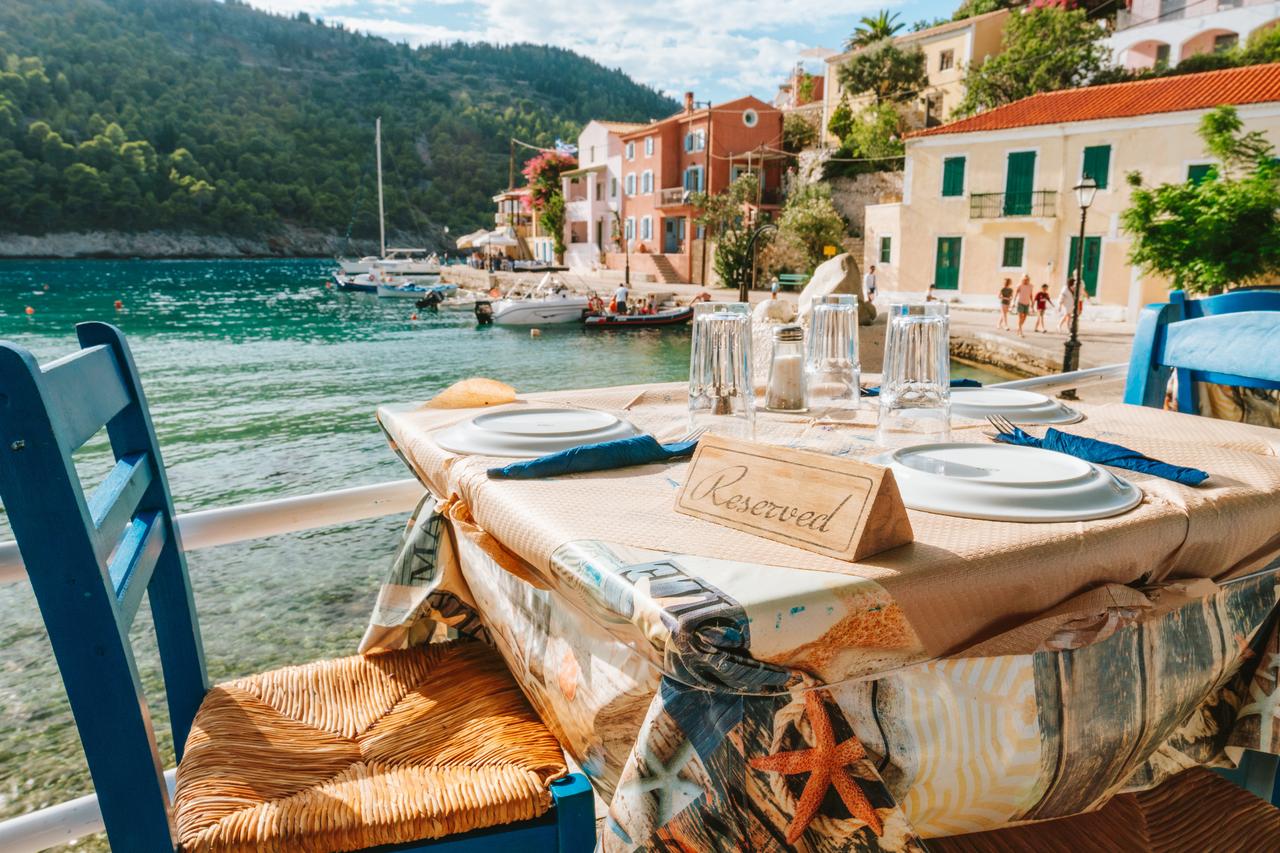
The Aegean islands have become one of the most popular destinations for Turkish travelers, thanks to eased visa rules, cruise packages and short ferry crossings.
Their presence has transformed local economies, especially on islands like Samos and Kos, and in inland destinations like Alexandroupoli, where Turkish visitors and investors now play a significant role. Restaurants, beach bars, and real estate markets thrive on this new demand.
Yet prosperity has come with tension. Many Greeks describe feeling worn down by what they see as arrogance, the belief that money guarantees special treatment.
However, it is important to note that these encounters are not uniform. Alongside accounts of rudeness and entitlement, there are also stories of polite families and cross-cultural couples who embody a different kind of relationship.
Still, the question persists: how do Turkish tourists wish to be remembered on the Greek islands, as welcomed guests or as unwelcome intruders?
On a recent afternoon in Samos, I witnessed two incidents in quick succession that left Greek staff visibly uncomfortable.
At a beach where sun loungers required payment, a Turkish couple insisted they had no cash and that the husband would fetch his card from the car.
Ten minutes later, when the waitress returned to ask about payment, the wife snapped, “Can you see my husband here? If he is not here, then I do not have the card. Can you not understand this?”
When the husband came back with his card, the couple discovered that payment had to be made inside the bar because there was no portable POS system. Instead of simply complying, they scolded the waitress again. Once she left, they mocked her and complained about the service.
Moments later, another Turkish couple, who had claimed three sun loungers, also reacted with irritation when asked to pay, speaking harshly to the same waitress. These confrontations, happening back to back, reflected the kind of behavior that fuels local resentment: the sense that spending money entitles visitors to bend rules or treat service staff with disdain.
Nonetheless, the scene was not entirely one-sided. On the same beach, I met a family of four from Türkiye (a couple with two teenagers) who were warm, kind, and easygoing. Their presence reminded me that generalizations never capture the whole picture.
Yet the tension lingered in the air, reflected in how locals spoke about tourists who, as one told me, “act as if paying for a drink means they own the whole place.”
The same frustration surfaced in reporting by journalist Sirin Sever.
On Samos, she asked a restaurant owner whether certain behaviors were common among tourists. His answer was direct: “Unfortunately, it is the Turks. They want everything at the same time, and they think that if they have money, they can do it.”
Sever noted that Greek island businesses are often family-run, with only three or four employees. Service is slower, more relaxed, and less standardized than what many Turks are used to at home.
However, when visitors approach these settings with the mindset of “Do you know who I am?”, they disrupt the balance. “We are experts at taking things to excess,” she reflected, concluding that the real rule of travel should be simple: adapt to the place you are in.
The tension is sharpened by differences in service culture. In Türkiye, the service industry has long been shaped by the principle that the “customer is always right.” Waiters and staff are expected to fulfill every request quickly, and restaurants compete on speed as much as on quality.
This environment, while efficient, can also feel toxic, as it places enormous pressure on service workers and encourages clients to believe they are entitled to anything they pay for.
When this mindset travels abroad, it collides with slower, more limited family businesses, producing frustration on both sides.
Not all encounters between Greeks and Turks fall into conflict.
On Samos, I met a middle-aged woman from Izmir who visits the island regularly to see her Greek partner. They seemed genuinely affectionate, enjoying a weekend together despite cultural and religious differences.
Their relationship reflects the other side of cross-Aegean contact, characterized by intimacy, familiarity, and mutual respect that transcend the weight of history.
Such stories matter because they complicate the stereotype of the arrogant Turkish tourist. They show that personal bonds are possible, even flourishing, in the same places where resentment can also grow.
In Alexandroupoli, just across the border from Türkiye, the issue takes another form.
Rumors circulate that a Turkish businessman bought a beloved seaside restaurant and beach bar for $1.5 million simply because he loved the spot and wanted it for himself.
Other claims suggest that Turkish investors have purchased large plots of land and built as many as 40 luxury villas.
These stories are difficult to fully confirm. Local real estate agents rarely provide details. Yet the fact that they are repeated so often reveals something important: perception matters as much as fact.
For many locals, the image of Turkish buyers snapping up property generates unease about being “bought out,” even while tourism and real estate investment bring undeniable economic growth to the city.
Across the Greek islands and northern towns, the Turkish presence is both a boon and a burden.
Local economies benefit, but service staff and residents increasingly describe feelings of exhaustion at the way some visitors behave. Wealth and spending power, rather than smoothing relations, too often come across as arrogance.
Still, the story is not one-dimensional. Respectful families, cross-cultural couples, and ordinary friendships continue to exist alongside the frustrations.
Which side of the story prevails will depend on how Turkish visitors choose to act: whether they approach Greece as entitled customers or as guests willing to adapt to different rhythms and rules.
For neighbors who share both a sea and a complicated history, the difference matters.